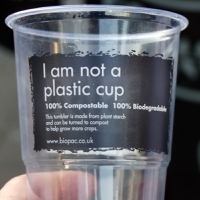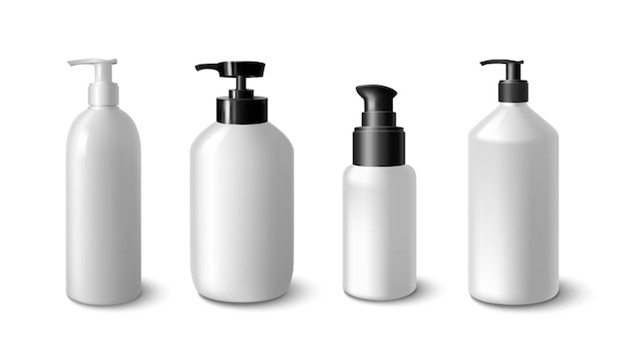
he study led by experts from the University of Portsmouth, UK and the Flanders Marine Institute, Belgium, looked at how two different types of plastic break down when tested in extreme conditions.
Researchers subjected 3D-printed cylinders of PLA and PP to accelerated UV radiation while immersed in filtered natural seawater for extended periods, simulating environmental conditions equivalent to 18 and 24 months of mean natural solar exposure in Europe. Results revealed that both PLA and PP experienced fragmentation, leading to the formation of microplastics ranging from 50 to 5000 µm.
Professor of Mechanical Engineering Hom Dhakal, from the University of Portsmouth’s School of Mechanical and Design Engineering, says: “We wanted to look at a conventional industrial polymer, PP, which is non-biodegradable and difficult to recycle, against PLA, a biodegradable polymer.”
“Although our findings show that the PLA released fewer microplastics, which means using plant-based plastics instead of oil-based ones might seem like a good idea to reduce plastic pollution in the ocean, we need to be careful as microplastics are still clearly being released and that remains a concern.”
The research also found that the size and shape of the tiny plastic pieces released depended on the type of plastic. Conventional plastic released smaller pieces and had fewer fiber-like shapes compared to plant-based plastic.
Understanding materials
The research, published in Ecotoxicology and Environmental Safety, emphasizes the importance of understanding the fate of microplastics, particularly their ingestible fraction by aquatic organisms and evaluating the potential environmental impact of different types of plastics.
“There is a clear need for continued research and proactive measures to mitigate the impact of microplastics on marine ecosystems,” Dhakal says.
“Bio-based plastics are gaining interest as alternatives to conventional plastics, but little is known about their potential source of microplastic pollution in the marine environment.”
“It’s important to understand how these materials behave when they’re exposed to extreme environments, so we can predict how they’ll work when used in marine applications, like building a boat hull, and what impact they might have on ocean life,” Dhakal stresses.
The study emphasizes the need for policymakers and industry stakeholders to consider the durability of plastic materials and their potential to release microplastics when assessing environmental impacts and developing strategies to mitigate plastic pollution.
As the global push for sustainable alternatives to conventional plastics continues, research efforts provide valuable insights into the environmental implications of different plastic materials and aid in developing more environmentally friendly solutions.
Dhakal is a member of the Revolution Plastics initiative, which operates as a network of interconnected researchers and innovators across the university, consolidating and expanding plastic-focused research, innovation and teaching communities.
The study was conducted under collaborative international work within the SeaBioComp project, which received funding from the Interreg 2 Seas Programme, co-funded by the European Regional Development Fund.
“Overall, our research provides valuable insights into the behavior of different plastic types under environmental stressors, which is important for our future work in tackling plastic pollution,” underscores Dhakal.






